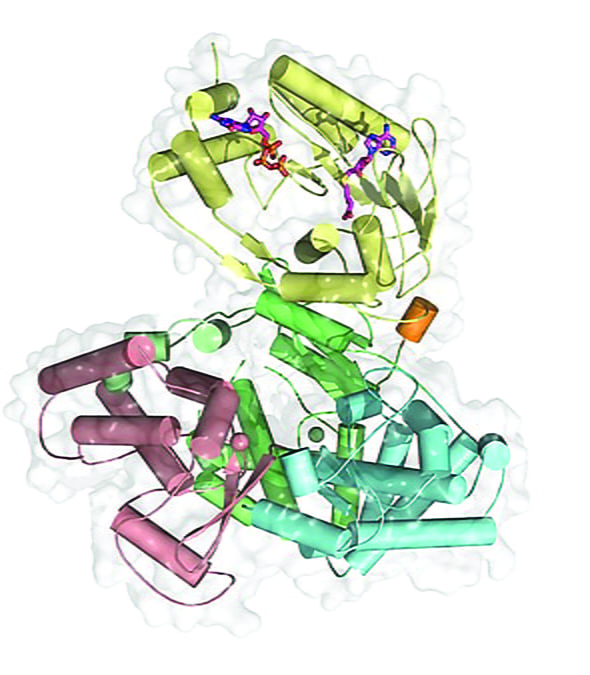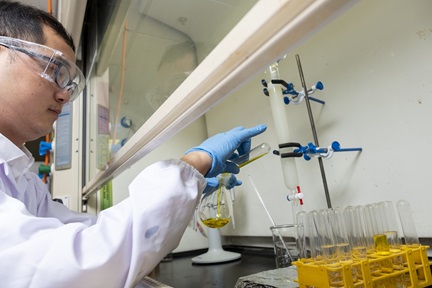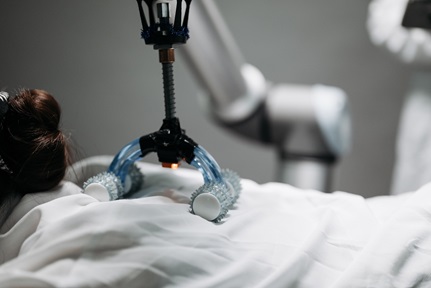#WorldUnited: Assoc Prof Julien Lescar
Assoc Prof Julien Lescar investigates the 3D structures of key proteins of major human viruses to design new antiviral drugs, vaccines and therapeutic antibodies.

Trained in both biochemistry and crystallography, Assoc Prof Julien Lescar of NTU’s School of Biological Sciences is giving us a glimpse into life at the nanoscale.
Using X-ray crystallography and cryo-electron microscopy facilities at the NTU Institute of Structural Biology, Assoc Prof Lescar and his team have determined the 3D structures of key proteins of major human viruses. These structural insights provide clues to designing new antiviral drugs, vaccines and therapeutic antibodies.
A decade-long collaboration with the Novartis Institute for Tropical Diseases in Singapore to determine the structure of key dengue virus proteins paid off handsomely when the protein structures helped scientists identify homologous structures of the Zika virus, a closely related RNA virus that emerged in 2015.

Structure of the dengue virus non-structural protein 5, resolved by a team led by Assoc Prof Julien Lescar and Assoc Prof Luo Dahai. Credit: PLoS Pathogens (2015), DOI: 10.1371/journal.ppat.1004682.
In the same vein, the molecular structures of important coronavirus proteins, determined by Assoc Prof Julien Lescar and colleagues at the French National Centre for Scientific Research 15 years ago, now provide crucial information for the identification of molecular drug targets against SARS-CoV-2.
Assoc Prof Lescar co-founded the biotech start-up Epitoire in 2018 together with colleagues from the United States and NTU’s Prof James Tam and Assoc Prof Liu Chuan Fa, with the support of NTU’s commercialisation arm, NTUitive.
Epitoire develops products based on peptide ligases—molecular precision tools that have applications in medicine and biotechnology—and investigates treatments for diseases caused by dysregulated gene expression, including cancer, autoimmunity and neurodegenerative disorders.














/enri-thumbnails/careeropportunities1f0caf1c-a12d-479c-be7c-3c04e085c617.tmb-mega-menu.jpg?Culture=en&sfvrsn=d7261e3b_1)

/cradle-thumbnails/research-capabilities1516d0ba63aa44f0b4ee77a8c05263b2.tmb-mega-menu.jpg?Culture=en&sfvrsn=1bc94f8_1)

7e6fdc03-9018-4d08-9a98-8a21acbc37ba.tmb-mega-menu.jpg?Culture=en&sfvrsn=7deaf618_1)






